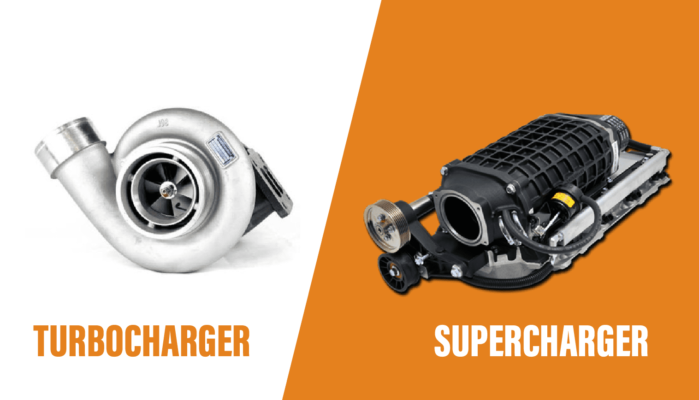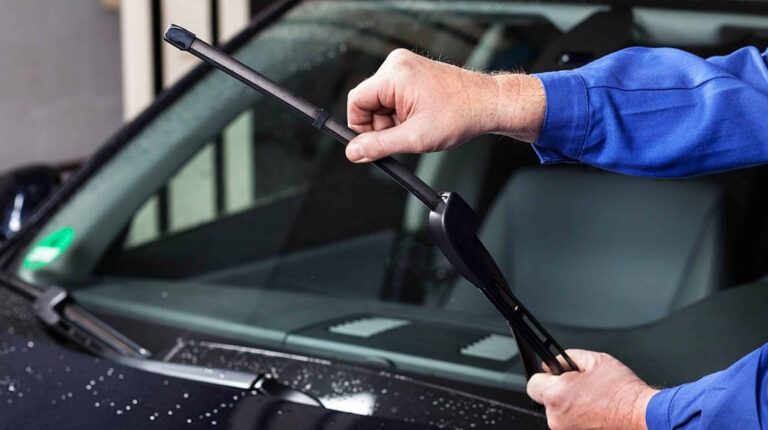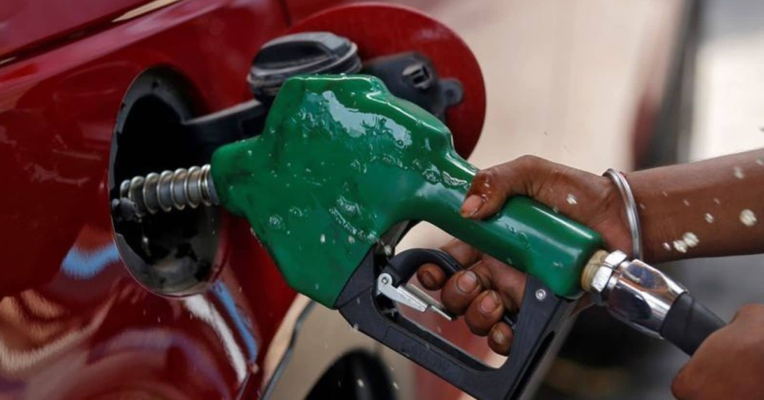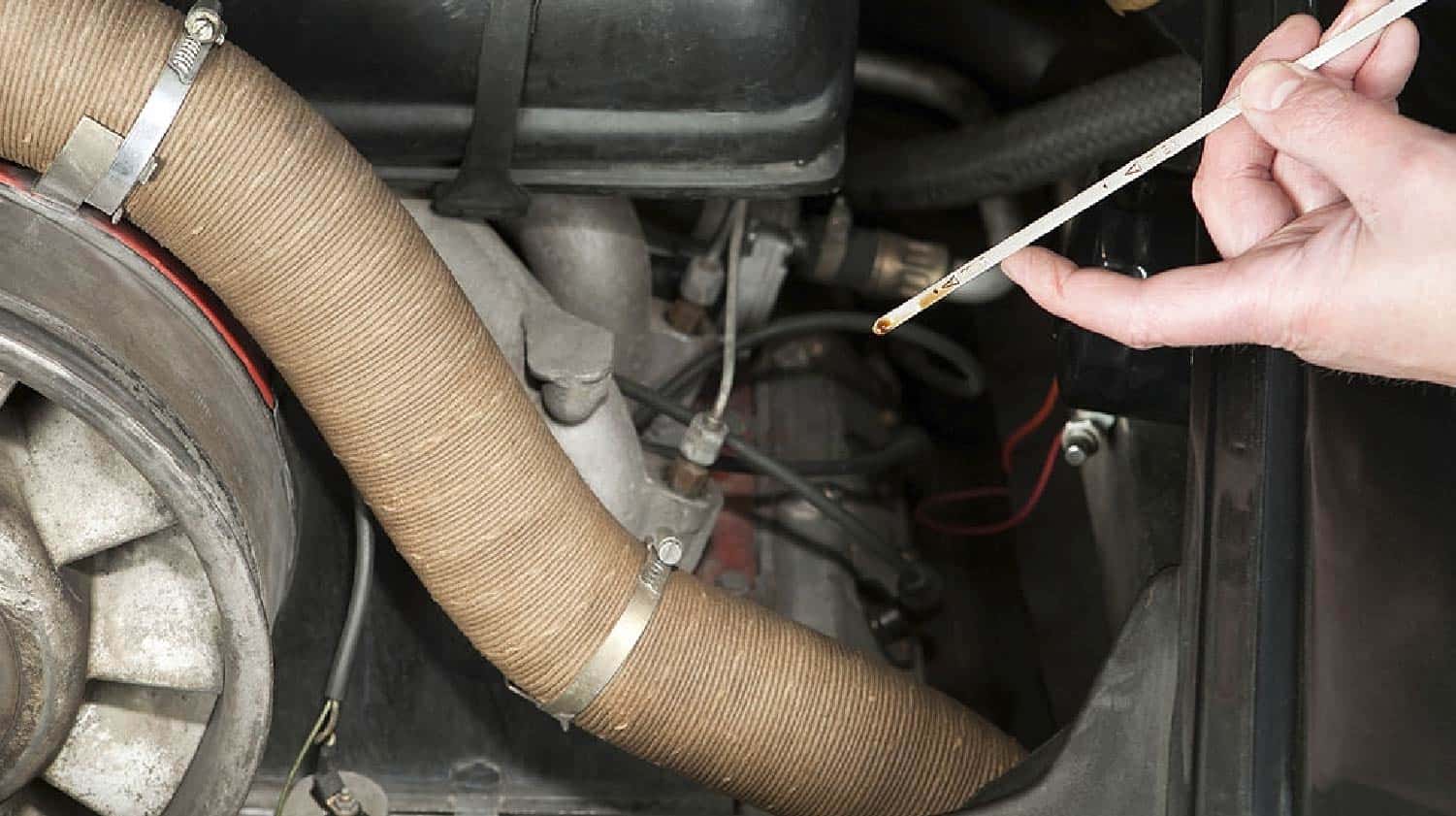
Let’s honestly admit that engine oil is one of the most vital parts of your vehicle. While lubricating and cooling the engine, it works the same way blood works for a human body. However, after a specific time period, this engine oil can diminish, resulting in the bad performance of your vehicle. Hence it’s essential to keep an eye on your vehicle’s engine oil pressure and change it when necessary.
Failing to do so will only negatively affect your car or bike’s life and seriously damage their engine. But, how do we know when is the right time to change the engine oil? Don’t worry because Carorbis has compiled a list of some common signs of low engine oil pressure. So make sure you read it until the end and follow as mentioned. Let’s get started:
What is Engine Oil, and why’s it important?
In simple and short terms, Engine Oil is a thick fluid that keeps your vehicle’s engine lubricated, cool and cleaned. So, from a random commercial truck to our beloved sports bikes, every automobile’s engine needs this oil. However, it varies from vehicle to vehicle and engine to engine, which ultimately decides their fuel consumption as well. In general, we can classify engine oils in two categories:
- Mineral Oil: A petroleum-based product derived from crude oil directly.
- Synthetic Oil: A laboratory-made engine oil that can offer better results but is usually more expensive.
As we mentioned earlier, any engine oil’s primary job includes lubricating, cooling, and cleaning. So, to keep our vehicle’s moving parts protected, we’ve to make sure that they’re lubricated enough. Likewise, engine oils are also responsible for supplement cooling and removing debris. So, without engine oil, you might only damage your vehicle severely.
Can’t find out the right engine oil for your vehicle? Relax, head over to our website and buy some premium engine oil online from the world’s leading brands.
Symptoms of Low Oil Pressure
Now that we’ve learned the basics of engine oil and why it’s necessary, we can move further in our article. So here are a few common signs indicating the low engine oil pressure in your vehicle:
1: Overheated Engine:

While overheating isn’t always associated with low engine oil pressure, it’s still a pretty worth-mentioning sign. In case your vehicle has low engine oil, its engine might get overheated despite having a fine coolant level. Moreover, such overheating can even result in your car catching fire. In such cases where the coolant gauge is rising to unsafe levels, it’s better to pull off and call a professional mechanic for help.
2: Strange Engine Noises:
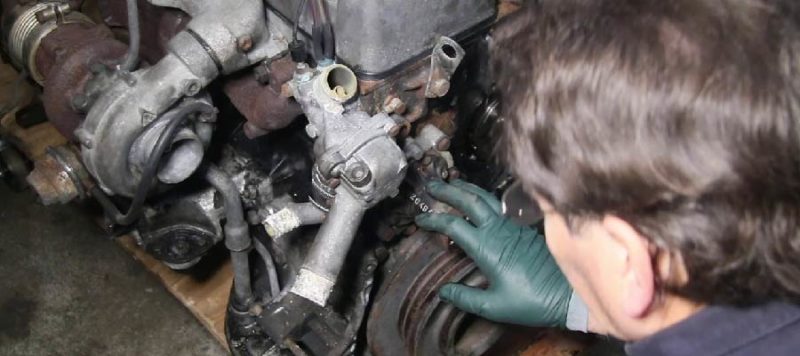
Whenever there’s not enough engine oil in your vehicle, its moving parts will not get enough lubrication. But, what does it mean for them? Due to insufficient lubrication, these moving parts can produce strange knocking sounds. Moreover, these engine noises can always occur when the engine oil has lost its viscosity or has become quite old.
So, if you also hear some strange noises under the hood of your vehicle, it’s better to visit a service centre and prevent your vehicle’s engine from any further damage.
3: Smell of Burning Oil:

If you’re smelling some burning oil inside your vehicle, then it’s better to pull off and turn off the engine. These kinds of oil smells usually mean that your car has an oil leak and is dripping onto a heated part of the engine. Generally, such oil leaks occur from following areas:
- Oil Plug
- Oil Filter
- Valve Cover Gasket
- Oil Sending Unit
- Head Gasket
- Front or Rear Main Seals
- Oil Pan Gasket
So as we said earlier, if you’re facing the same issue, safely pull over, turn off the vehicle’s engine and wait for it to cool down. Once it’s cool enough, check the oil levels and don’t drive if the levels are low.
4: Check oil levels regularly!
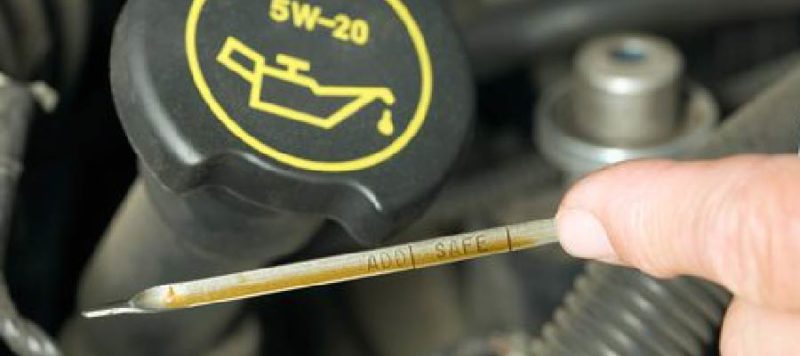
To avoid some serious issues, it’s always better to check your vehicle’s oil levels regularly. We’d recommend you to perform the check once a week at least. However, doing it once a month is also a safe option. If the vehicle’s oil is below the safe level on the oil dipstick, it’s the right time to change your engine oil.
Also, make sure to ask your mechanic to check for the oil leaks during your vehicle’s regular service. In addition, such regular checks can allow you to keep an eye on your engine oil’s colour. So, all you’ve to do is pull the dipstick, check the engine oil’s dark colour, and if it’s dark, then it’s time to change it.
5: Look for the lights on your dashboard

We all know that a vehicle’s dashboard usually contains many important lights to indicate various things. And among all these lights, you’d also see a specific light for an oil check. Moreover, many modern vehicles come with two oil lights – one for showing the low engine oil pressure and the second for oil change warning.
In case the first light comes on while driving, pull over safely, turn off the engine and then check the oil level once it’s cooled enough. On the other hand, the second light doesn’t deal with low engine oil pressure. Instead, the main job of this light is to remind you about changing the engine oil.
Hence if the second light is on, then it usually means that you’ve already driven way beyond your vehicle manufacturer’s recommended service mileage.
Frequently Asked Questions
Q1: Can low engine oil cause overheating?
Ans. Yes, low levels of engine oil can cause overheating issues in your vehicle. The primary job of any engine oil is to control its temperatures by minimizing friction. So, if your vehicle is running on low engine oil pressure, you might experience some engine overheating concerns.
Q2: Can low engine oil affect power steering?
Ans. Usually, the low levels of engine oil can stop your vehicle’s engine resulting in loss of power steering. So yes, having low engine oil in your car can affect power steering.
Q3: Can low engine oil cause vibration?
Ans. The low levels of engine oil pressure can affect the oil’s viscosity due to overheating or high-temperature issues. Moreover, the low viscosity of engine oil is the primary cause of vibrations in any vehicle. Hence the answer is yes, as low engine oil levels can cause vibration.
Q4: What happens if the engine oil is low?
Ans. If the engine oil levels are too low, the engine components will not get lubricated properly. Due to this, you might experience some engine overheating and loud knocking sounds.
Takeaway
Once again, we can confirm that engine oil is one of the most important parts of your vehicle. Riding your vehicle with low engine oil pressure will only result in damaging them severely. Hence, it’s important to keep an eye on the engine oil levels of your vehicle and change it regularly.
Also, now that we’ve mentioned a few significant signs already, we’re sure that you know when’s the right time. Moreover, we’d advise you always to check the oil dipstick once a week or at least once a month. After all, the engine oil is the sole reason behind your vehicle’s long life.
Lastly, we hope you find this article insightful enough. If you’re looking for some more automotive tips or advice to keep your vehicle maintained, then we’ve got you covered through our blog section.

